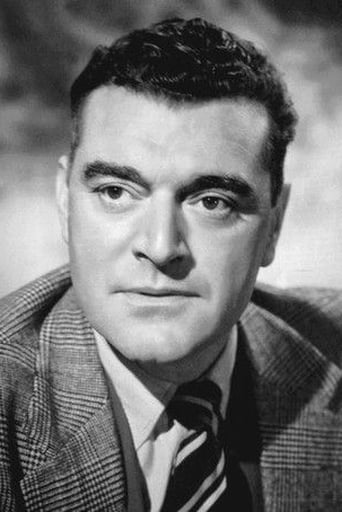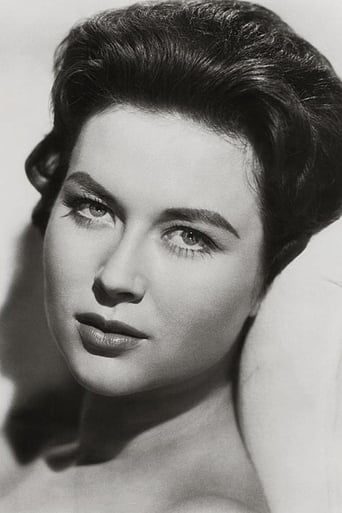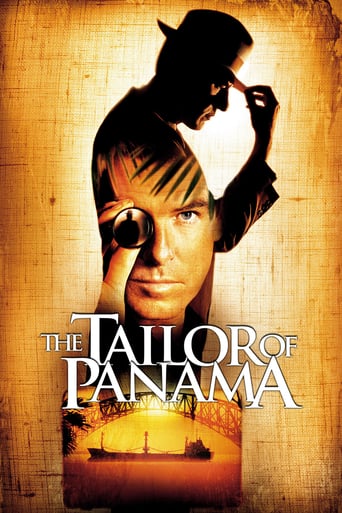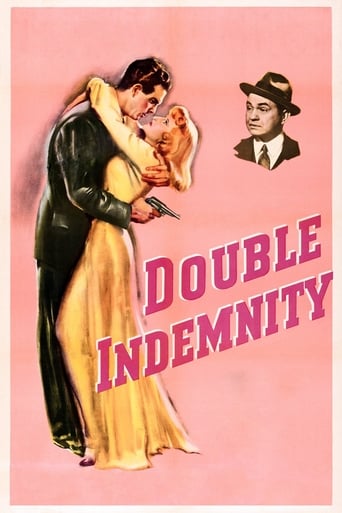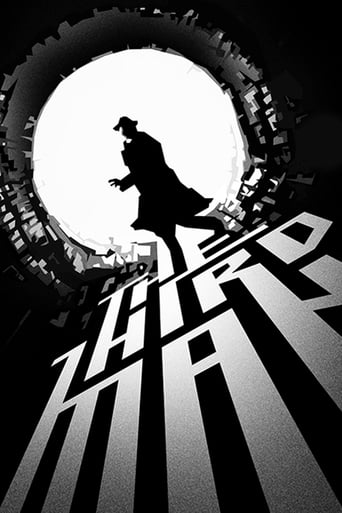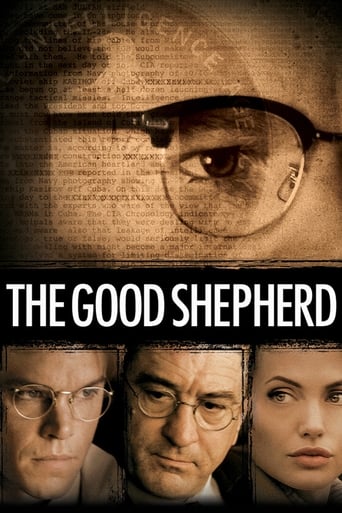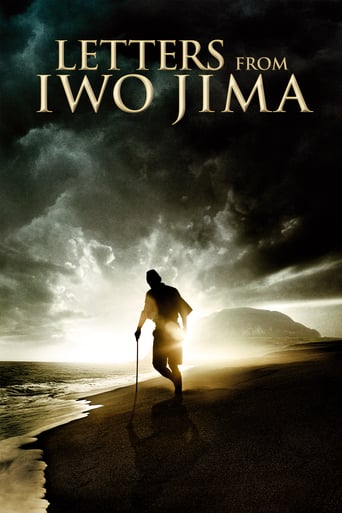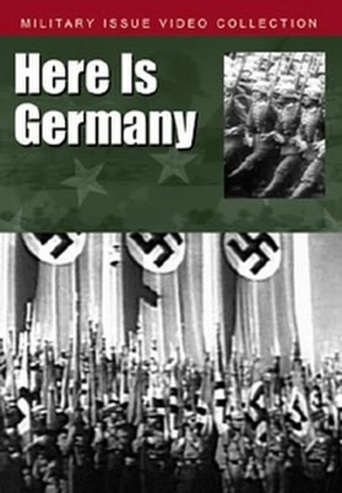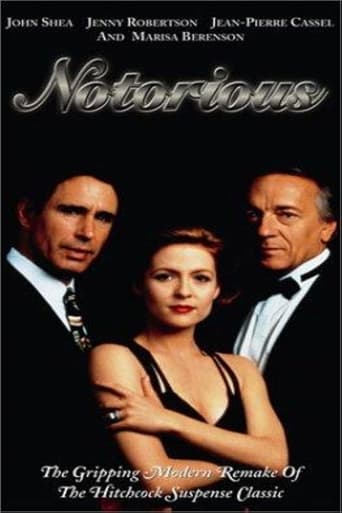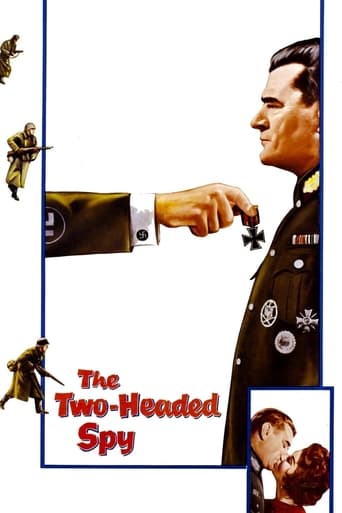
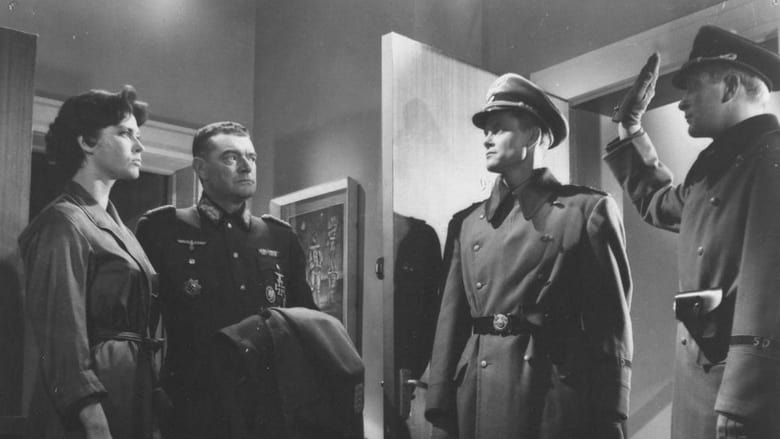
The Two-Headed Spy (1959)
Wartime thriller with film noir elements based on a true story as written in A.P. Scotland's autobiography "The London Cage". The plot has greatly exaggerated the actual events of A.P. Scotland's experiences, including the addition of a fictional love interest.
Watch Trailer
Cast


Similar titles
Reviews
Fresh and Exciting
A lot of perfectly good film show their cards early, establish a unique premise and let the audience explore a topic at a leisurely pace, without much in terms of surprise. this film is not one of those films.
A great movie, one of the best of this year. There was a bit of confusion at one point in the plot, but nothing serious.
Let me be very fair here, this is not the best movie in my opinion. But, this movie is fun, it has purpose and is very enjoyable to watch.
Colonel Alex Scotland did serve with the German Army between 1903 and 1907.However during the Second World War he was in charge of the London interrogation centre of Prisoners of war.He wrote about his experiences in The London Cage.So entertaining as this film is it is a fiction.In any event how valuable would such a source be when the Allies had Ultra and were reading the messages from Hitler's headquarters.
I didn't start out thinking I was going to like The Two-Headed Spy. I thought it was going to be another WW2 spy movie that would be too wordy and more boring than exciting. By the time the first half hour had passed, I was positively riveted! Jack Hawkins is a German general, and is very well-respected among his fellow Nazis. Then, he's seen entering an antiques shop and speaking to Donald Pleasance about a rare clock he's looking to buy. The conversation about a clock is merely a ruse until they know they're alone and unobserved—Jack Hawkins is really an undercover British agent! Previously, I'd only seen Jack Hawkins in a supporting role in Ben-Hur, but he carries off the leading role very well, commanding the screen and expressing every emotion with confidence. The Two-Headed Spy is a very riveting spy movie, with countless tension-filled scenes in which someone could—or does—get caught, discovered, and punished for being a spy. It really is an interesting, overlooked film from the 50s. Gia Scala, another of Jack's contacts, is beautiful and strong, rather like a prettier, more likable Ingrid Bergman. Had this film starred more well-known actors, it would probably be a classic. As it is, it's highly entertaining and fun—rent it for a thrilling evening with your sweetie-pie. The ladies won't be bored with this one, I guarantee it. And, if you're looking closely enough, you can see Michael Caine in one of his earliest movies. He's only on the screen for a couple of minutes, but when you hear the Nazi speaking with a Cockney accent, you can tell it's him!
First of all, thanks to DavidGPS of GB for rectifying what we already knew - that Germany pioneered magnetic tape in the late 1930s. Now lets get to this little-known Jack Hawkins film. Andre DeToth made some excellent movies in his time, but this true story was as gritty as it got in 1958. There are some very hard to stomach scenes of a tyrannical and evil police state at war - not for the squeamish or children, by any means. Among the greatest of WWII movies, Hawkins depicts General Schottland, a British native of German decent who came back to the Fatherland during WW1 and fought in the German ranks. As a result, he was able to infiltrate the German High Command and even became trusted by Hitler. As he became a valued and important source of information to the British, he also endangered himself and all those who helped him. There were some really great WWII movies, but this one has you on the edge of your seat and riveted to the screen for the entire duration. Definitely my favorite Jack Hawkins movie of all time, and hats off to DeToth for daring to be so bold as to show how ruthless these bastards really were.
I have nothing much to add to the reviews already here, but that I loved the film. Stylish, beautifully paced, and remarkably suspenseful, it features an intriguingly controlled and flawlessly nuanced performance by Jack Hawkins, who makes you believe it possible that a British agent, hidden for twenty years, could exist undercover at the highest levels of the Third Reich. And as a sign of the 1958 that produced "The Two-Headed Spy," most revealing of the relationships between international film interests that the blacklisted Michael Wilson and Alfred Levitt were denied credit as scriptwriters in a British film because of its U.S. release by Columbia.However, for the record, I would like to correct a remark made by oxbridgeup from New Hampshire, who took issue with the use of tape recording in a scene, stating that it was not invented until 1947. Tape recording had actually been invented in Germany in the 1930s; it was used extensively in radio stations and by the Gestapo, most effectively as a tool to issue simultaneous statements by Hitler to units at all the various military fronts to give the Fuhrer the illusion of omnipresence. 1947 is the year the technology was introduced in the United States, and was patented by a group funded by Bing Crosby, who saw the potential in the format. An American audio engineer who, while assigned to the U.S. Army Signal Corps, had absconded with two of the pioneering German Magnetophon recorders (and numerous IG Farben magnetic tapes) at WWII's end, presented the technology to MGM and Crosby. Before this forming of Ampex, Farben had held the rights for magnetic tape (originally patented in the '20s as a long paper strip with an iron oxide coating) and AEG for recording/playing decks and their improvements -- most significantly, AC tape bias and stereophonic recording. Farben was, of course, dissolved in 1945 because of its cooperation with the Nazi regime (and notorious production of Xyklon-B), thus leaving its patents for the taking. How the AEG patents were voided is a mystery to me, but perhaps some knowledgeable reader might enlighten us.


